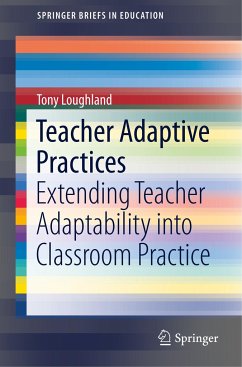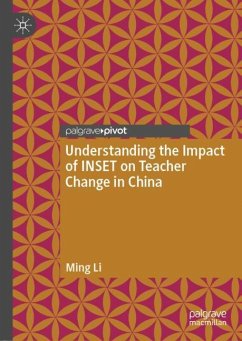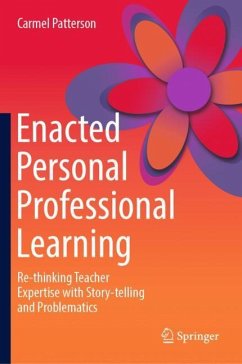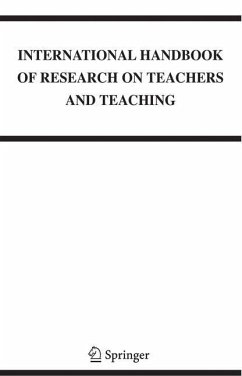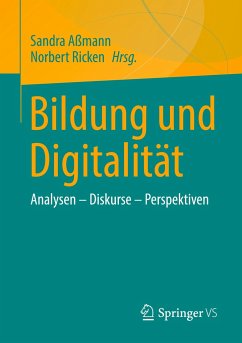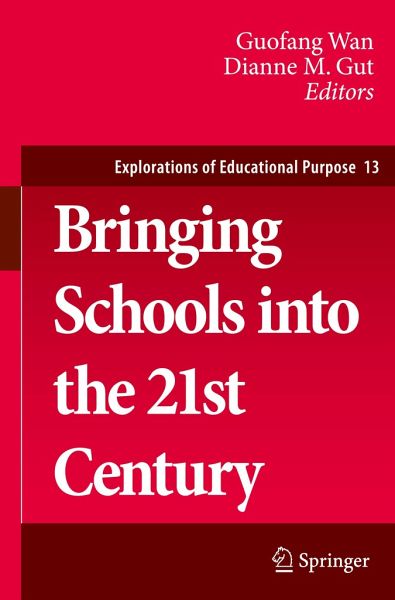
Bringing Schools into the 21st Century
Versandkostenfrei!
Versandfertig in 6-10 Tagen
76,99 €
inkl. MwSt.

PAYBACK Punkte
38 °P sammeln!
Shift happens: Emerging technologies and globalization have resulted in political, social and cultural changes. These changes have a profound impact on all aspects of human life, including education. Yet while society has changed and continues to change, schools are slow to keep up. This book explores issues related to transforming and modernizing our educational systems, including the impact of societal shifts on education, the efforts at various levels to bring schools into the 21st century, the identification of 21st century skills, the reformation of the curriculum, the creation of alterna...
Shift happens: Emerging technologies and globalization have resulted in political, social and cultural changes. These changes have a profound impact on all aspects of human life, including education. Yet while society has changed and continues to change, schools are slow to keep up. This book explores issues related to transforming and modernizing our educational systems, including the impact of societal shifts on education, the efforts at various levels to bring schools into the 21st century, the identification of 21st century skills, the reformation of the curriculum, the creation of alternative models of schooling, the innovative use of technology in education, and many others. It addresses questions like the following: Should schools systems adapt to better meet the needs of tomorrow's world and how should this be accomplished? How can society better prepare students for a changing and challenging modern world? What skills do students need to lead successful lives and become productive citizens in the 21st century? How can educators create learning environments that are relevant and meaningful for digital natives? How can the school curriculum be made more rigorous to meet the needs of the 21st century?This book encourages readers to transcend the limits of their own educational experience, to think beyond familiar notions of schooling, instruction and curriculum, to consider how to best structure learning so that it will benefit future generations. It encourages a deeper analysis of the existing education system and offers practical insights into future directions focused on preparing students with 21st century skills.







